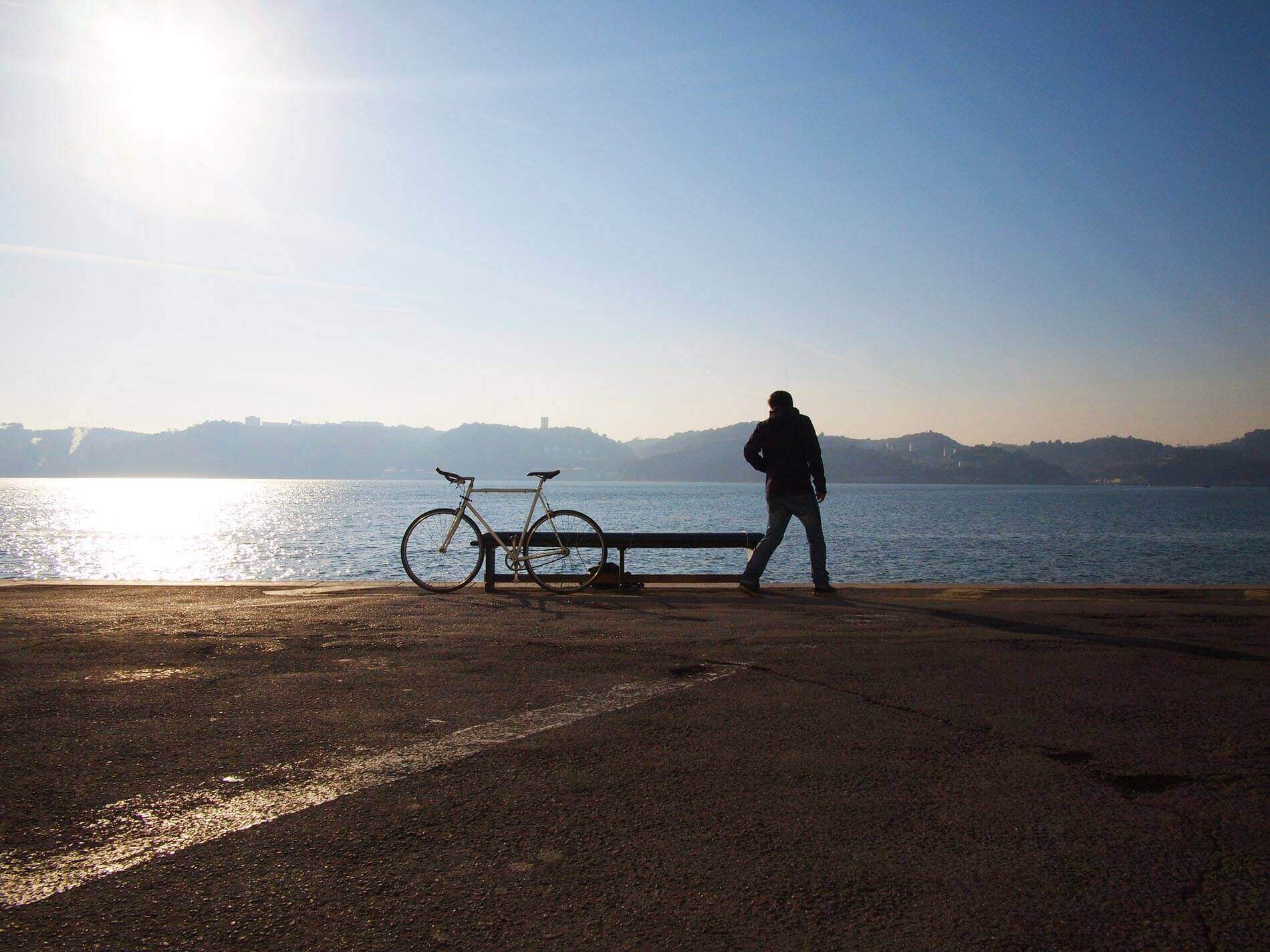It is inappropriate to attempt to measure the level of another person’s faith. This would be tantamount to judging others. How are we to know what lies in the hearts of others? What could possibly allow us to feel so self-assured that we would begin? To look beyond our own weakness of faith?
It is necessary to be reminded of this boundary and to keep our own faith in check lest we begin to be pre-occupied with the faults and weaknesses of others. But what is apparent and disturbing of late is the growing number of people who appear to have no foundation in the faith and an absence of the fundamental principles of the practice of the faith. This new low level of faith is apparent to me when officiating in the Sacraments of Baptism and Chrismation. There are two give away signs for the lack of faith in our community as revealed in the Sacrament of Baptism. The first is that the Orthodox person who has been chosen by the family as the godfather or godmother often displays no familiarity with performing the sign of the Cross – a fundamental sign of the faith and of our salvation.
When asked to do the sign of the Cross the hand often goes to the wrong side, or all fingers are extended and there is no idea about where to start and end the sign of the Cross. Through hesitation it is obvious that the sign of the Cross is rarely practised by this person who now presents himself or herself to take on the awesome responsibility as the spiritual guide of the infant or adult being Baptised. The kindness and patience of the Priest however gently holds the hand of the person correcting their hand to form the threesome of the thumb, index finger and second finger representing the Holy Trinity of the Father and the Son and the Holy Spirit. The remaining two fingers rest on the hand to represent Christ’s two natures combined, human and divine, with the words being uttered, “In the name of the Father and of the Son and of the Holy Spirit”.
“For every high priest taken from among men is appointed for men in things pertaining to God, that he may offer both gifts and sacrifices for sins. He can have compassion on those who are ignorant and going astray, since he himself is also subject to weakness” (Hebrews 5:1-2).
The second prominent give away sign in relation to the lack of apparent faith is when the godfather or godmother is asked to read the Nicene Creed – the statement of our Orthodox faith. It is clear from their reading that many are reading the Creed as if for the first time as they appear unfamiliar with it. This indicates non-attendance at Church services by the lack of familiarity and understanding of the things that constitute the Orthodox faith. In such ignorance Christ is unknown, a relationship with God rarely contemplated, yet the Sacrament of Baptism unites us with Him.
This also indicates that whilst godparents present themselves for the Baptism of the infant, their own Baptism lies dormant. How can it be then that a person presenting themselves as a spiritual godparent can fulfil their role as the spiritual guide for the child or adult being Baptised? For they themselves are not awake, but asleep. Again we therefore must pray, “Lord have Mercy on us and them” for “Likewise the Spirit also helps in our weakness. For we do not know what we should pray for as we ought, but the Spirit Himself makes intercession for us with groanings which cannot be uttered” (Romans 8:26).
Furthermore, it is often misunderstood even among those godparents who consider their relationship with the Church to be reasonably close that their obligation becomes a cultural obligation rather than a spiritual one. There are so many people who think that their spiritual obligation ends when they escort the infant for Holy Communion at least three times after the Baptism. But it is not the number that is important in order to acquit ourselves of our responsibility but that we develop a long lasting relationship with the child through the life of the Church, which is ongoing. There is the tendency to accept this ongoing role as more familial and cultural rather than spiritual through the sacramental life of the Church. The godparent therefore has to be acutely aware of their own responsibility to practice the faith if they themselves are to embark on the role as a godparent.
In these circumstances the Priest’s thoughts may turn to the passage from Isaiah recorded by St Paul in his letter to the Ephesians, “Awake you who sleep, arise from the dead, and Christ will give you light” (Ephesians 5:14).
It is a reminder to us of what St Paul wrote in his second letter to the Thessalonians, “Therefore let us not sleep, as others do, but let us watch and be sober” (1 Thessalonians 5:6).
We are spiritually awake if we live by the charge given to us at the time of our Baptism to maintain the purity of our spiritual garment throughout our life. We can do this by keeping our life in the light by faith, love and hope and practised through the Holy Sacraments of the Church.
Fr Emmanuel Stamatiou

















